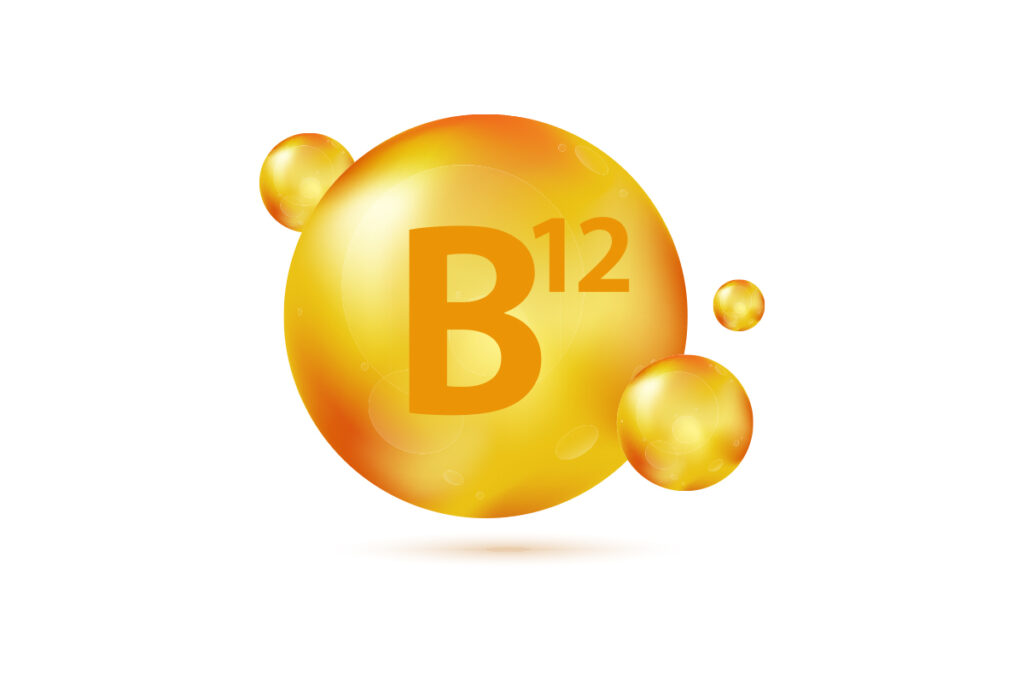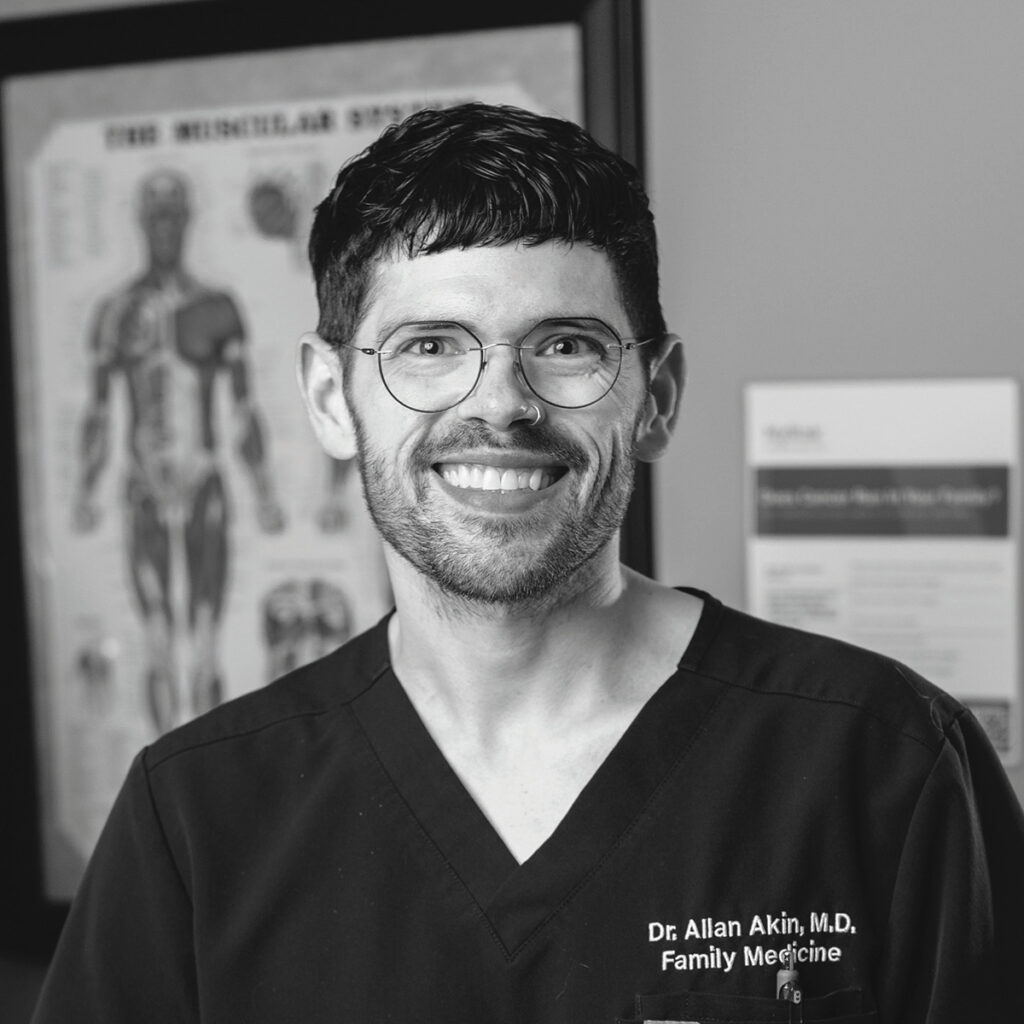For more than 2,000 people in Tennessee awaiting life-saving organ transplants, and thousands of others needing them to enhance quality of life, the clock is ticking. Across the country, about 100,000 people are waiting for organs.
Organ Donation
By Charlotte Boatwright, R.N., PH.D.
Sadly, about one-third of them will die before an organ is available – about 18 people each day. In an effort to meet this need, the U. S. Department of Health and Human Services has the goal of enlisting 100 million donors nationwide – about 50 percent of all eligible adults – by 2010.
Jessie Anna Starnes’ story illustrates the impact of one 9-year-old donor on many other lives. A third-grader at Wallace Smith Elementary in Ooltewah, Tennessee, Jessie was on spring break in 2008 and had enjoyed two wonderful days with her mom. “We had gone to eat at her favorite restaurant,” says Lisa Rousseau, Jessie’s mom. “Back at home, she was on the exercise machine when I heard her call out for me. She was limp when I got to her and pulled her away from the machine. Then she started to have a seizure, so I called 911. She stopped breathing. Something just came over me and I knew what I had to do: I started CPR. It seemed like a long time before the ambulance came, but it was probably only about seven minutes.” Jessie died the next day in the hospital.
“She was so involved in everything, and so active and healthy” says Rousseau. “I talked to the paramedics and the doctor. They told me that they would not have been able to use the organs if I had not started CPR. All parents need to know CPR.
“I have had great letters from the recipients of her organs,” continues Rousseau. “It is bittersweet because I have lost my child, but they were just so appreciative. They spoke of their Easter gift. We did the visitation for Jessie on Easter Sunday, Jessie’s favorite holiday.”
“Jessie never met a stranger,” says her father, Robert Starnes. “She always had a smile and a hug for everyone. She was always asking her mom for extra school supplies. After she died, we found out that she was providing pencils, paper and other supplies for classmates who did not have them. After her death, to help her friends to cope with the loss, students were allowed to paint and decorate ‘Jessie’s Desk.’ It is now the supply center for her class,” he explains. “They also created ‘Jessie’s Garden,’ which is used today as an outdoor classroom for environmental studies.”
“If we could not have our little girl, we wanted her to live on in others,” says Starnes, a detective with the Hamilton County Sheriff’s Department. “She was such a loving child. That is what she would have wanted. I have learned through my years in law enforcement that you take nothing with you when you leave this world, so we passed parts of her on to others.” Billboards with Jessie’s picture, and slogans that Robert developed, will soon be promoting organ donation across Tennessee.
“Jessie asked me to go to the father/daughter dance on January 26, 2008,” Starnes says. “I took her to get her hair done that day. With her own money, she bought a rose for me. I am so glad that I had that time with her because it was my last opportunity.”
Jessie’s mom created a memorial website for Jessie (www.Jessie-Starnes.virtual-memorials.com) that includes information about the seven people who were her organ recipients: her heart now beats in a 12-year-old girl; her lungs now support a 17-year-old girl; A 55-year-old man received a kidney, and another went to a 71-year-old woman; her liver went to a 44-year-old teacher; one cornea went to a 28-year-old woman, and the other to a 6-month-old baby boy.
Julie Thacker Rhodes tells her story to illustrate how receiving an organ can be a life-changing event. Julie was born with several heart defects, but she remained healthy until she was 23 years old. “My husband and I had just been married in June, and I had just begun my new job as a school nurse,” says Julie. “I developed a cold that seemed to bring on several other problems. Eventually, I was diagnosed with congestive heart failure and told that I probably would need a heart transplant.
“I was sent to Emory Hospital, where they started the testing and paperwork to get me on the transplant list,” she continues. “I was fortunate enough to be on top of the list. A lot of testing is required and you have to be medically stable because it is a big life change. I was put on the transplant list on December 3 and had the transplant on December 7, 2005.” Julie has had her transplant for over three years.
In 2008, the Tennessee Department of Safety (TDOS) conducted a public awareness campaign to encourage people to register to be organ donors at Driver’s License Service Centers and County Clerk offices across the state. As a result, 1 million Tennesseans signed up to donate organs – about 24 percent of licensed drivers.
Anyone who checks “yes” to be a donor when applying for a driver’s license or ID card is registered on the Donate Life Tennessee Registry and has a small red heart in the upper right-hand corner of their license. Each person has the potential to save eight lives and improve the quality of as many as 50 others as a tissue donor.
Over the past five years, the number of actual donors in Tennessee has ranged from 337 to 407 annually. A new license plate will soon be available to Tennessee residents who support organ donation. A portion of the proceeds from the sale of each plate will support local organ donor awareness programs.
“Organ transplants have been done in the United States since the 1950s,” says Dawn Benjamin, public education coordinator for Tennessee Donor Services. “Transplantation is continually evolving and is more successful today than ever before. The most needed organ is the kidney. Of all people on the waiting list, two-thirds of them need a kidney. We have 79,000 people waiting for kidneys and over 15,000 waiting for a liver.”
The only transplants done in Chattanooga are kidneys. Erlanger Medical Center was recently a recipient of a 2008 Organ Donation Medal of Honor for its success in raising organ donations more than 77 percent from June of 2007 to May of 2008.
Tennessee has a goal to have 50 percent of drivers to register as donors. You can register to be a donor at any Driver License Service Center or online with Donate Life Tennessee at www.tndonorregistry.org. Be sure to notify your family if you sign up as an organ donor, as your next of kin will be consulted before a donation occurs. For more information, visit the Tennessee Donor Services web site at www.donatelifetn.org.
Charlotte Boatwright is a native Chattanoogan. She has a doctorate in health care administration and is a registered nurse and licensed professional counselor. Charlotte has been involved with health care for 35+ years and is the founding member and president of The Coalition Against Domestic & Community Violence of Greater Chattanooga, Inc./Chattanooga Family Justice Alliance.
5 Signs You Have a Vitamin B12 Deficiency




